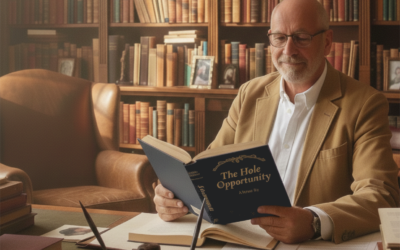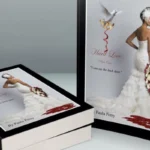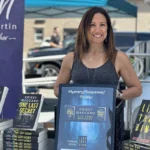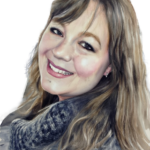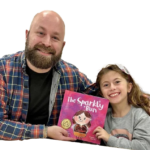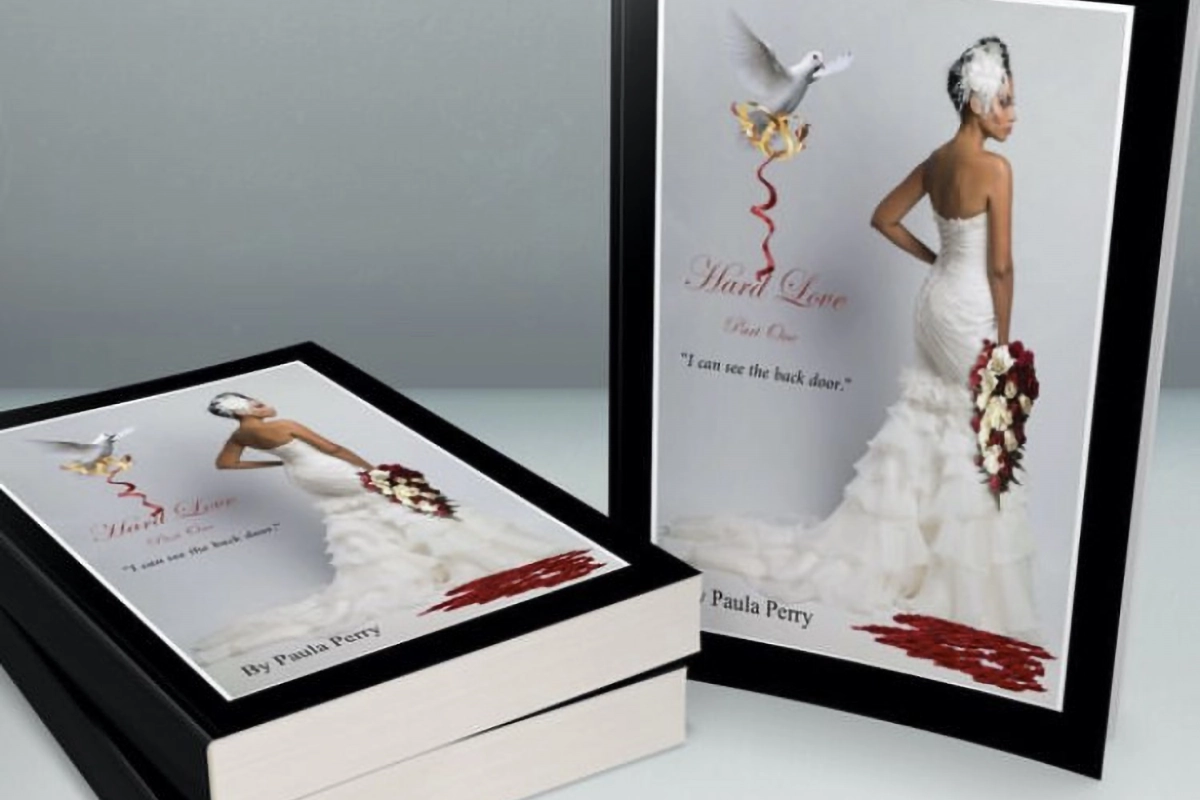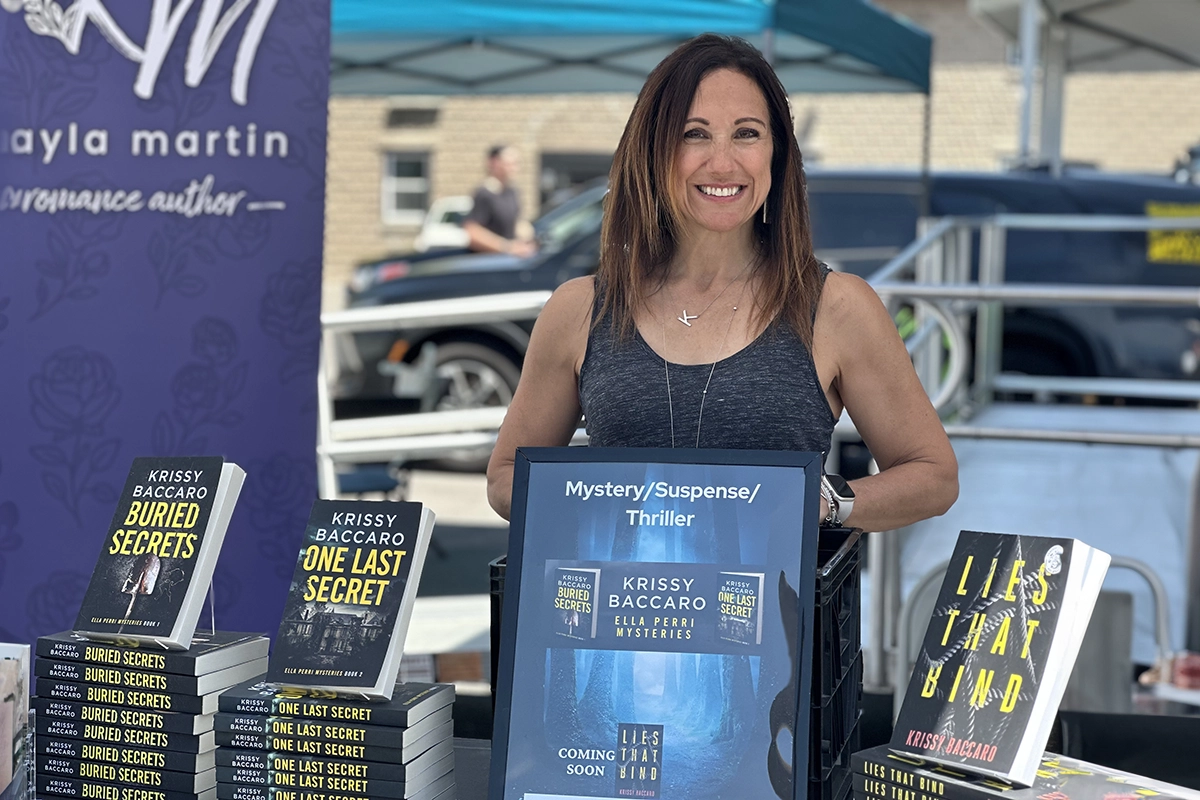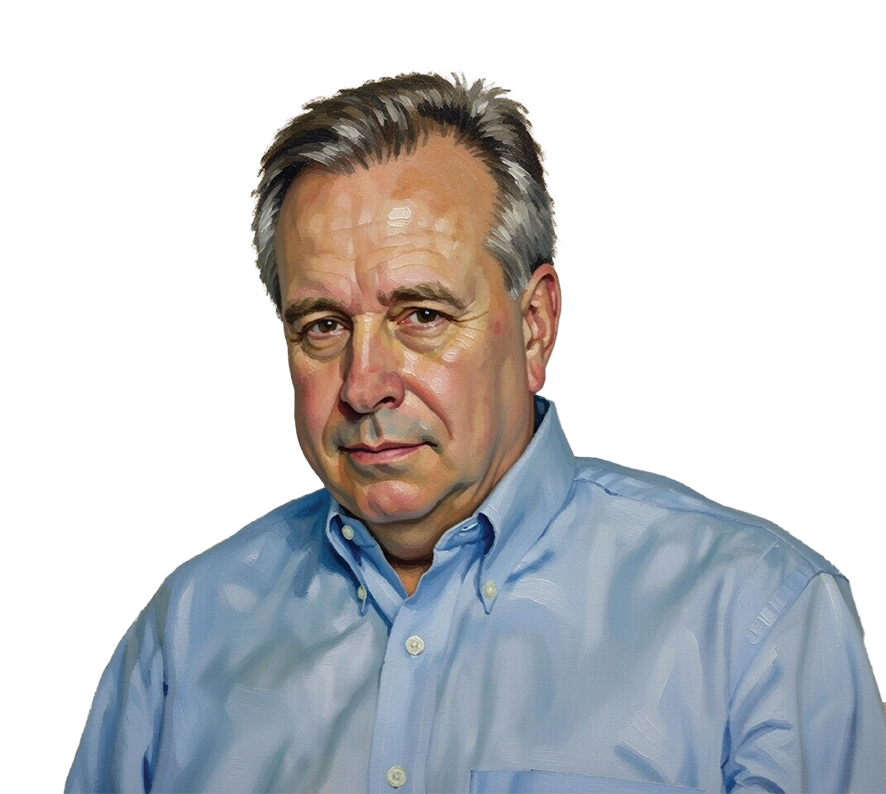Annette Mori Delights Readers With Award-Winning Sapphic Stories
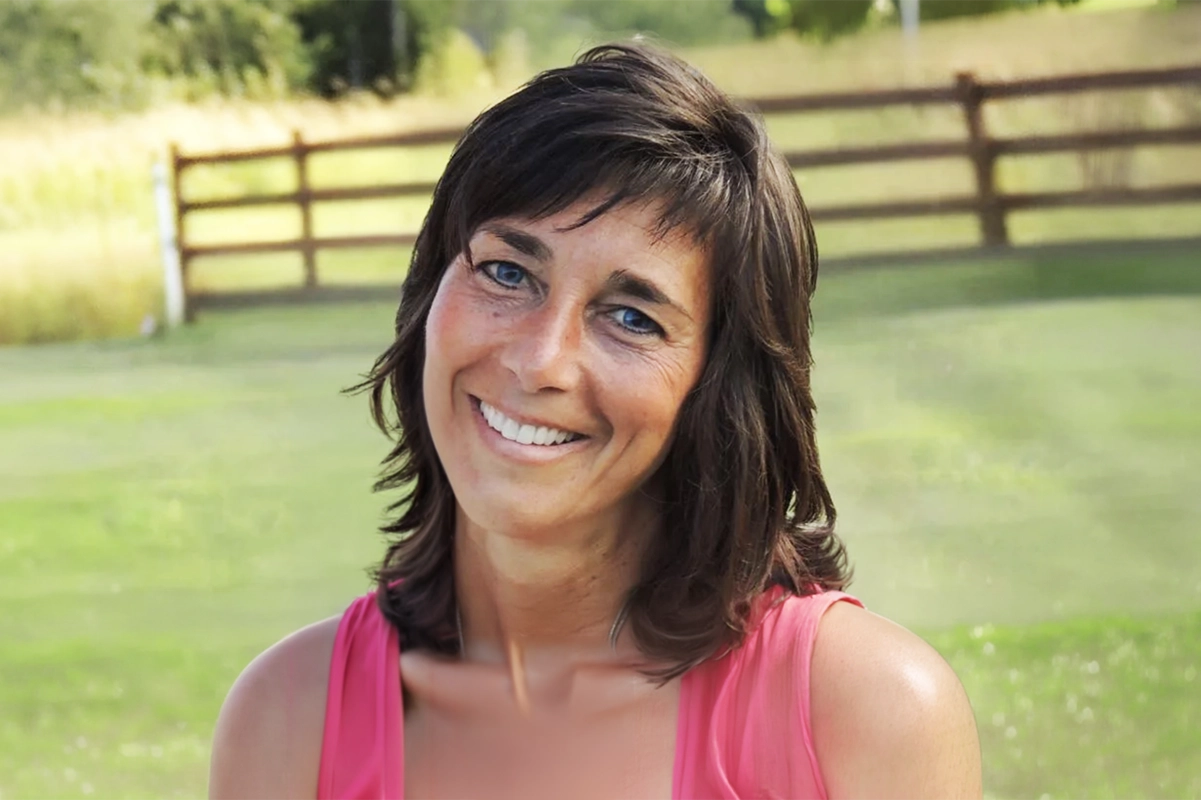
PHOTO: Award-Winning Author Annette Mori Engages Readers With Her Diverse and Captivating Sapphic Stories
Exploring Romance, Science Fiction, And Lesfic Narratives With Heart, Humor, And Unforgettable Characters
Annette Mori, an award-winning author, crafts captivating contemporary romance novels filled with authentic characters, rich settings, and compelling stories that resonate deeply with readers worldwide.
Annette Mori has captivated readers with her diverse and award-winning storytelling, seamlessly blending contemporary romance, science fiction, and lesfic narratives that resonate with authenticity and heart. Mosaic Digest magazine is proud to feature her insights, celebrating a writer whose dedication to her craft and readers shines through every novel. With over thirty published works, Mori’s talent for creating vivid settings, complex characters, and emotionally rich narratives continues to inspire and entertain readers worldwide.
Mori’s storytelling brilliance shines through her heartfelt, imaginative novels that entertain, inspire, and connect readers on a deeply personal level.
How did living in the Pacific Northwest shape the settings and atmospheres of your novels?
I love the Pacific NW, so many of my novels are set here, but not all. It’s easier to write about a location that you have a personal connection to. A lot less research is necessary when I use a setting I am familiar with. I’ve been fortunate enough to live in many different towns and cities during my time in the PNW, so I have both large and small-town experiences. Although I prefer small towns because I think they have more character.
Which personal experience snuck its way most stubbornly into Locked Inside?
Some of the scenes with Belinda’s parents were inspired by personal experiences, particularly the dinner scene with homemade pizza and the scene where Belinda becomes ill. When I was younger, I ended up in the hospital for about a week after spiking a fever of 105. It was memorable enough to provide a few details for Locked Inside. I worked at the University of Washington for a couple of years, making it easy to incorporate a few details about the campus and my experience there.
In The Others, you balance hard science with mysticism; what research surprised you most?
Sometimes I research very obscure things and enjoy including those in my books, but the most surprising was researching how long it takes for radiation to dissipate. The fact that oleander was the first plant to bloom after the Hiroshima bombing was a bonus obscurity that aligns well with my love of quirky trivia. I also loved the story about the three-eyed fish.
Zari’s neurodivergence in Sculpting Her Heart feels lived-in; what sensitivity-readers or community conversations helped you get it right?
I conducted extensive research and read many books by individuals on the spectrum who shared their personal experiences. Neurodiversity is not a one-size-fits-all approach; ensuring I consulted the right sources was very important. There are numerous organizations to tap into, which I hope enabled me to avoid being insensitive. I was delighted when several readers reached out to me, expressing that the book accurately reflected their experience and made them feel seen.
If Musetta could grant you three days of creative holiday, where would you go and what would you finally write?
I am so boring that I don’t really need to go anywhere to write. When I’m in the zone, the words flow as easily at home as they do when I travel. I’ve been able to write everywhere. Since I’m retired, I travel a lot and thus write while on the road. The location has never made a difference to me. I don’t know what I’m going to write until something inspires me. My next book will either be about a pet detective or a mortician. Yeah, I know, very different and extremely quirky. It’s very on-brand.
“When I’m in the zone, the words flow as easily at home as they do when I travel.” – Annette Mori
Blair and Maribel’s politics clash spectacularly; how do you keep dialogue civil on the page when the real world feels so polarised?
The fact that the world is so polarized is the very reason to keep the dialogue civil. I’ve always admired people who feel strongly about a particular topic, but have the capacity to listen to a different perspective. I do have my limits, though. When it comes to trampling someone’s basic human rights, I don’t believe in the both sides argument. I would never be able to write a book about LGBTQ+ rights in the same manner as One Shot at Love. I find it impossible to walk in that person’s shoes or find value in their perspective. My father was an avid hunter and gun enthusiast, so although I am more inclined to support Blair’s views on gun regulations, it was a topic I could try to offer an opposite perspective. I still had to do a lot of research to represent both sides.
Remy and Chancy cross class boundaries; what do you want readers to notice about wealth and worth?
I’m a sucker for a love story that involves women with different socio-economic experiences. I had a very fortunate childhood and have always been fascinated by those who have had the opposite experience and come out the other side stronger and better. Not that I would ever suggest that anyone should have to endure those experiences, especially in one of the richest countries in the world, but I greatly admire the strength it takes to flourish despite being dealt a crappy hand.
What single piece of advice would you give new lesfic authors who freeze at the sight of a blank page?
Just start putting words on the page. Editing can come later. None of us produces an award-winning novel on our first draft; it takes time and effort to mold our words. Even if the words are garbage, sitting your butt in the chair and writing starts the process. Having a nominal goal each day, even if it’s only 500 words, helps to structure the process, especially for a pantster (write by the seat of your pants and never know where the story takes you) like myself.
“Just start putting words on the page. Editing can come later.” – Annette Mori


